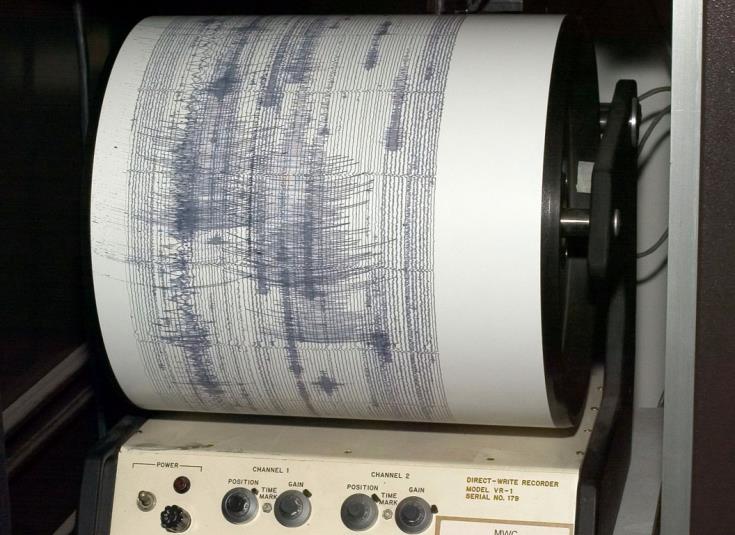The Technical Chamber of Cyprus (ETEK), advising the government on urban planning, has urged authorities to check for unsafe buildings as the fear of a strong earthquake hitting the island grows.
In a letter to the Interior Ministry’s Public Works Department, ΕΤΕΚ said that more than 200,000 buildings were built before the implementation of any anti-seismic criteria were introduced some thirty years ago.
“ETEK is aware of the risks due to the lack of maintenance of many buildings, but also the fact that no systematic control is carried out regarding their resilience calls the competent services to assume their responsibilities,” said the Technical Chamber.
ETEK has called on the authorities to launch a campaign to evaluate structures, especially public buildings.
In comments to Phileleftheros daily, ETEK’s chair, Constantinos Constanti, said that the chamber has requested from the Public Works Department an update on the static condition of the buildings and the plan for a new inspection and structural upgrade.
“We are not only referring to buildings belonging to public services, but any buildings visited by the public to carry out daily tasks such as hospitals and even entertainment venues,” explained Constanti.
He added that churches and stadiums should also be checked. Schools, as Constanti said, have already been checked but should be repeated regularly.
He said that ETEK is willing to help authorities in their task, acknowledging that the department’s employees are overwhelmed.
“We do not wish to spread panic. I am not saying that we expect an earthquake comparable to the latest one in Turkey.
“But we should be prepared, so in case a sizeable earthquake does strike Cyprus, we will have the least possible losses, both in human life and material damage,” said Constanti.
He said the last building census was carried out in 2011, with buildings ageing another decade since then.
Constanti said anti-seismic building regulations were introduced in 1994, while EU anti-seismic codes were adopted in 2012.
According to CyStat data, some 204,445 out of 431,059 buildings recorded in 2011 were built before 1994.
Half of the houses in Cyprus (50.4%) were built before 1990, while 3% or 13,097 homes were built before 1945.
Experts have raised concerns over Cyprus’ ageing buildings following the devastating earthquake on the borders of Turkey and Syria, which claimed the lives of more than 47,000 people.
Last year, two incidents of collapsing balconies in Paphos and one in Limassol had experts calling authorities to step up checks on unsafe buildings.
Those collapsing balconies injured a total of six people.
Cyprus lies in a secondary earthquake zone with frequent minor tremors.










